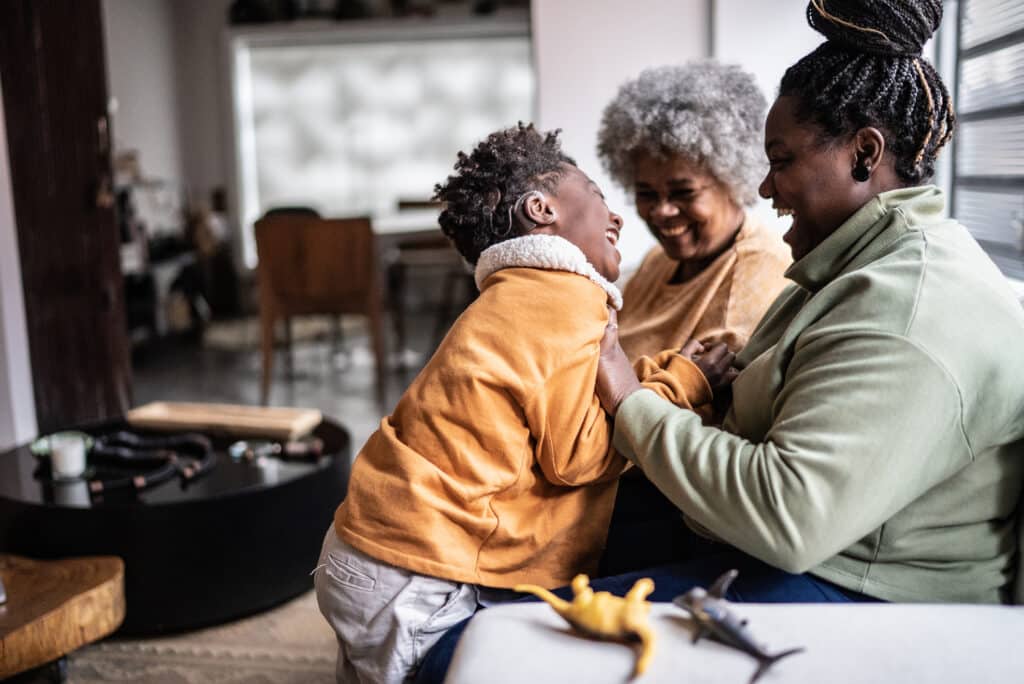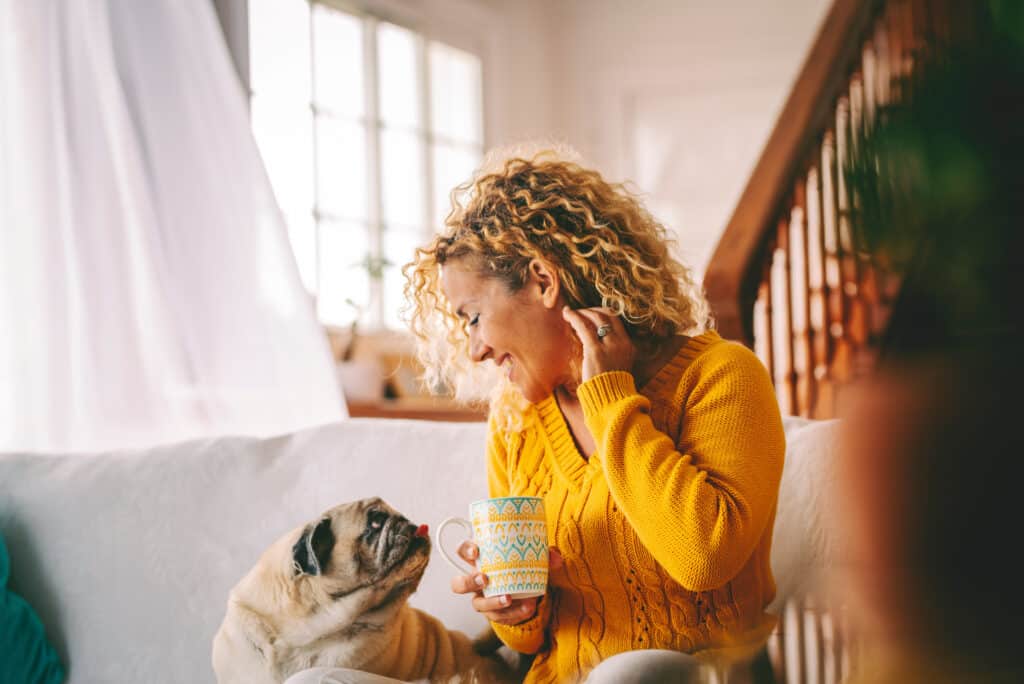Taking care of people you love can be incredibly rewarding. It can also be downright stressful. Whether it’s young kids, an aging parent, or a partner, caregiving can take a toll.
And then there’s the sandwich generation—those caring for their children and their parents at the same time. It can be overwhelming, leading to higher rates of depression and increased struggles with mental and physical health.
Does this sound familiar? If caregiving is a part of your life, remember that being there for those who depend on you means taking care of yourself, too. Here are some steps to take to manage the stress and demands.
Set healthy boundaries. Be realistic about what you can handle. Then stand firm in those boundaries. If you can only help Mom and Dad on weekends, let them know they’ll need someone else to help out midweek.
Share the load. As much as possible, delegate some of the responsibilities to someone else. It may seem easier to do it yourself today, but it’s not easier to do it yourself forever. If you have a partner, divvy up both chores and childcare. If you have siblings, expect them to contribute.
Ask for help. It’s OK not to do it all. If you have money to hire help, consider using it. It can make a difference. No budget? There are options to explore. For an older adult, contact your local Area Agency on Aging (find yours here) to learn about services. For help with childcare when you can’t afford a babysitter, try swapping babysitting with a friend.
Go for a walk. Exercise can help in so many ways, especially in fresh air. It can boost your energy, lower stress and anxiety, and help you sleep better.
Socialize. Join a parent group or a caregiver support group. Talk to someone who’s dealing with similar challenges. It feels good to vent, get new tips, or know you’re not alone.
Make time for mental health. If you’re dealing with ongoing mental health symptoms that make caregiving hard, it’s time to ask for help for yourself.
Freespira is an at-home treatment that reduces symptoms of panic attacks and trauma/PTSD quickly. Treatment takes just 4 weeks using guided breathing sessions and a system that measures your breathing patterns and gives you feedback. After treatment, 8 in 10 people were panic attack-free.




